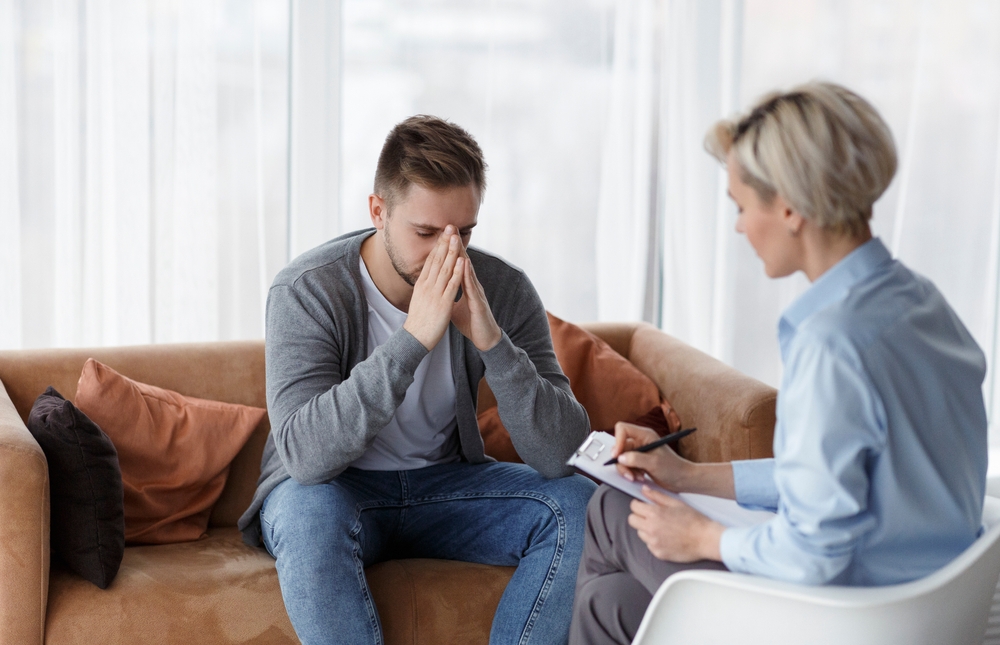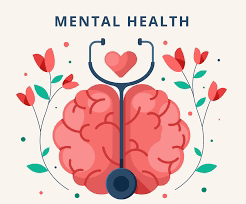Mental health is just as important as physical health, but it's often overlooked. We may be more comfortable talking about our physical ailments than our mental ones, but that doesn't mean that mental health is any less real or important.
Mental health refers to our emotional, psychological, and social well-being. It affects how we think, feel, and behave. It also affects our ability to cope with stress, relate to others, and make choices.
Mental health problems can range from mild to severe. They can be temporary or long-lasting. Some common mental health problems include:
* Anxiety disorders
* Depression
* Bipolar disorder
* Eating disorders
* Post-traumatic stress disorder (PTSD)
* Schizophrenia
Mental health problems can affect anyone, regardless of age, race, gender, or socioeconomic status. They can be caused by a variety of factors, including genetics, environment, and life experiences.
**Why is mental health important?**
Mental health is important because it affects every aspect of our lives. When we have good mental health, we are better able to:
* Cope with stress
* Build and maintain relationships
* Make healthy choices
* Enjoy life
Poor mental health can lead to a number of problems, including:
* Decreased productivity at work or school
* Difficulty sleeping
* Physical health problems
* Substance abuse
* Suicide
**What can you do to take care of your mental health?**
There are a number of things you can do to take care of your mental health, including:
* **Eat a healthy diet.** Eating nutritious foods gives your body the energy it needs to function properly.
* **Connect with others.** Spend time with loved ones, join a club or group, or volunteer.* **Practice mindfulness.** Mindfulness is the practice of paying attention to the present moment without judgment. There are many different ways to practice mindfulness, such as meditation, yoga, and tai chi.
* **Seek professional help if needed.** If you are struggling with your mental health, don't be afraid to seek professional help. A therapist can teach you coping skills and help you develop a treatment plan.
**Remember, you are not alone.** Mental health problems are common, and there are people who care about you and want to help. If you are struggling, please reach out for help.
Here are some additional tips for taking care of your mental health:
* **Be kind to yourself.** Treat yourself with the same compassion and understanding that you would treat a friend.
* **Set realistic goals.** Don't try to do too much at once. Break down large tasks into smaller, more manageable ones.
* **Take breaks.** Don't work yourself too hard. Make time for activities that you enjoy and that help you relax.
* **Say no.** It's okay to say no to requests if you're feeling overwhelmed.
* **Seek support from others.** Talk to your friends, family, or a therapist about what you're going through.
Mental health is just as important as physical health. By taking care of your mental health, you can improve your overall well-being and live a happier and healthier life.


























